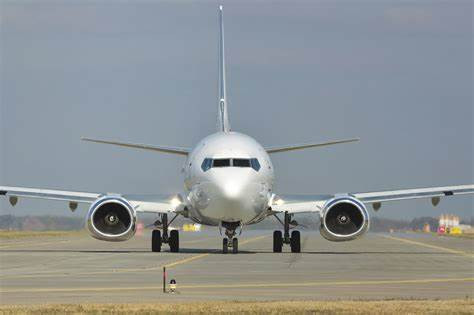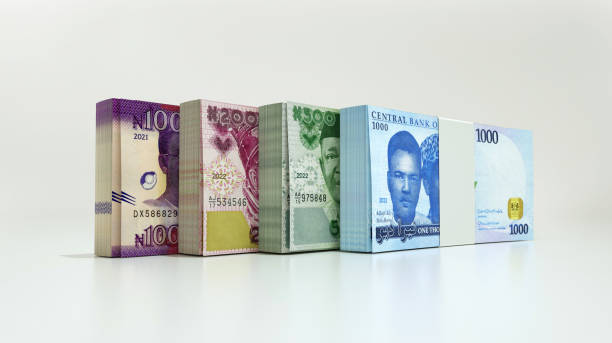Minister of Aviation and Aerospace Development, Festus Keyamo, is facing a daunting challenge of preventing more foreign airlines from suspending operations in Nigeria due to trapped funds.
Discussions with Emirates Airline at the Dubai Airshow hinted at a potential resumption, but concerns loom large.
Join our WhatsApp ChannelEmirates Airline had suspended operations twice in 2022, citing unsuccessful negotiations with Nigerian authorities over fund repatriation. Keyamo assured on Twitter of ongoing discussions and imminent resumption but did not provide a concrete timeframe.
Nigeria, hosting over 27 foreign carriers, holds the world’s highest amount of airline-trapped funds, totaling $792 million at the end of last year.
Dollar shortage, exacerbated by declining oil production, makes it challenging for airlines to repatriate earnings, with Nigeria’s foreign reserves steadily declining.
The aviation sector, contributing to the GDP, faces a critical juncture. Captain John Ojikutu highlights the predicament, stating, “Pay off their earnings or kill the industry.”
Experts warn that the forex crisis, coupled with high operating costs and increased fuel prices, may lead to more airlines exiting Nigeria.
The recent CBN payment of $2 billion cleared a portion of the backlog, but foreign airlines find the $61.64 million received insignificant.
Dr. Kingsley Nwokoma, President of the Association of Foreign Airlines, emphasised the need for a concrete plan and quarterly payments to prevent further departures. The delayed settlement of Bilateral Aviation Services Agreement (BASA) obligations adds to the strain.
The aviation industry, heavily dependent on the US dollar, grapples with financial constraints, jeopardizing its sustainability. As Nigeria navigates these challenges, the fear of losing more foreign airlines looms large, threatening severe consequences for the aviation sector and the economy at large.
















Follow Us